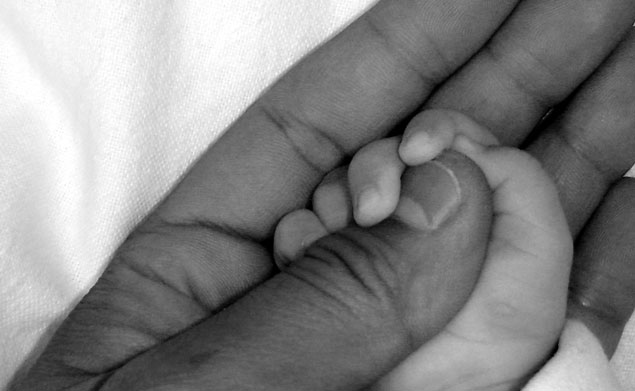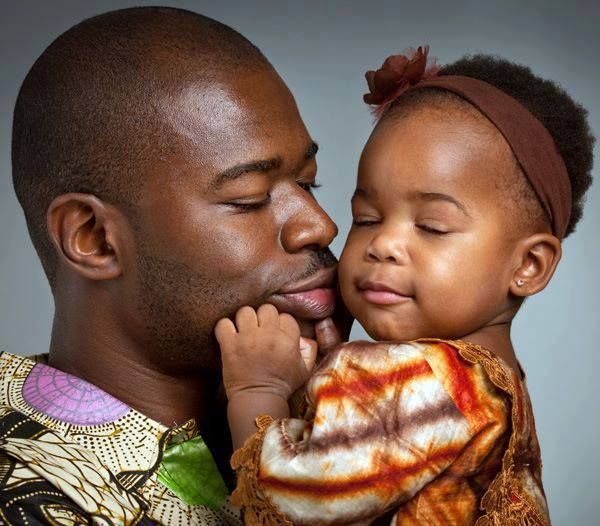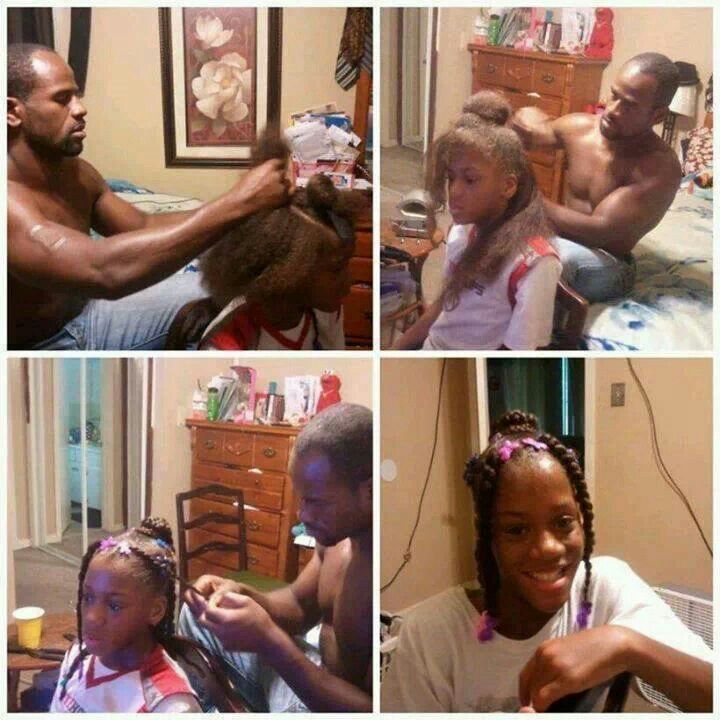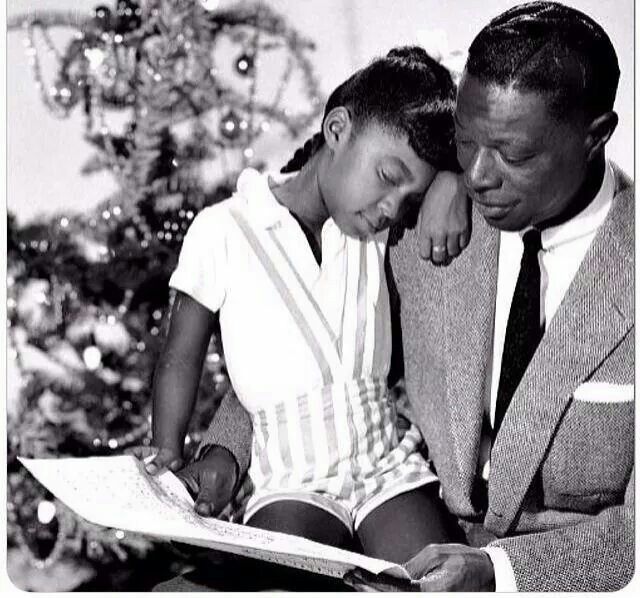
The other day I was writing away in my notebook when a friend stopped to ask what I was up to. I responded that I was writing a story about what it meant to be a man so that my son would never have to repeat the same mistakes that I did while I was growing up. It reads like a recipe for the most part, laced with anecdotes from my father, my coaches and many people that I have had the privilege of meeting as I have made my way through the world. In essence, it is a detailed how to guide for how to be a man. A Ugandan man at that.
Having admonished me for writing what she called a “Chicken soup for the deluded man” novel, she asked why I assumed that I would have a son in the first place. What would I do if I had a daughter or 6 instead?
Silence. First, because I had convinced myself that I would have a son. Second, I didn’t know the first thing about what goes into raising an African woman.
Don’t get me wrong; I have been fortunate enough to meet many ladies that I would hold up as the definition of African Womanliness. Much like being able to spot a beautiful luxury car. However, that were no guarantees that I would know how to build one.
So, being the pragmatic old soul that I am, I sat down and started to make a list of what my daughter would need in order to be an African Woman. To do so, I took aspects of many women that I admire and placed them side by side.
As the list started to grow and the things on it ranged from strength of character like the late Wangari Maathai, to a love for family like my grandmother, to the loyalty that Winnie Mandela displayed while her husband was in prison, to the joie de vive that ladies in the markets of every city in Africa boasts to the cooking skills that all our mothers possess, I stopped to think for a while.
Was I building a toolkit of lessons and anecdotes by which to raise my daughter to be an African woman or was I instead building a box of stereotypes in which she would be trapped?
I realized rather quickly that I was doing the latter. So, I scrapped the list that I was making and started again with a blank piece of paper. Instead of writing down what I wanted my daughter to be, I asked myself what my daughter would need in order to do all those things that these women that I much admire were able to do. Looking over the list of women that I was mining for character traits, it dawned on me rather quickly that they all shared one quality. They all dared to be themselves and when they were denied that freedom, they fought feverishly to win it back. In essence, what made who they are and thus the models of Africaness that I would love for my daughter was the freedom to choose to be who they wanted to be.
A subtle difference but one that nonetheless changed the way the way I approached my list. You see, instead of telling my daughter that she had to be an eco-warrior like the late Wangari Maathai, I will teach her instead the value of community that inspired Ms Maathai to do get involved with the community. Instead of telling her that she had to write like Maya Angelou, I will expose her to the life lessons that so enrich Ms Angelou’s work. Instead of giving her my mother’s recipes for Ugandan food and demanding that she replicate it without fault, I will show her the ingredients and let her make it up as she goes along. Whether or not I will eat the resultant food is a discussion for another day.
Instead of writing her a script essentially and telling her to act it out, I will teach her how to write, then give her a black slate upon which to write her own story.
I say all this to make this point. I misunderstood what it takes to be an African woman. I convinced myself that it was a list of expectations that one could simply tick off as one grew and somehow end up being that person. I made the same mistake that a lot of the laws in our countries back home are making where women’s rights are concerned.
You see, women are not demanding the right to be a man or usurp a man’s place in African society. If anything, many I know would baulk at the suggestion that they should be men. What instead they are demanding, is the freedom to choose how they define themselves. The freedom to choose whether they stay at home and raise a family, or go out into the corporate world and run things.
African women are not demanding to be African men. They are simply demanding their right to the same choices that those men are afforded.
And if I am so blessed as to have a daughter, it is my fervent hope that I can provide the paint that she will need to paint her own masterpiece rather than give her a sketch and tell her to color within the lines.

Latest posts by Zack (see all)
- Describe Africa to a child? - September 24, 2014
- Daddy what does it take to be an African Woman? - September 4, 2014
- acirfA rethoM - December 4, 2013







Pingback: A 'Redemption Song' for an African Girl Pride?
Pingback: An African Girl Redemption Song, Can You Relate?